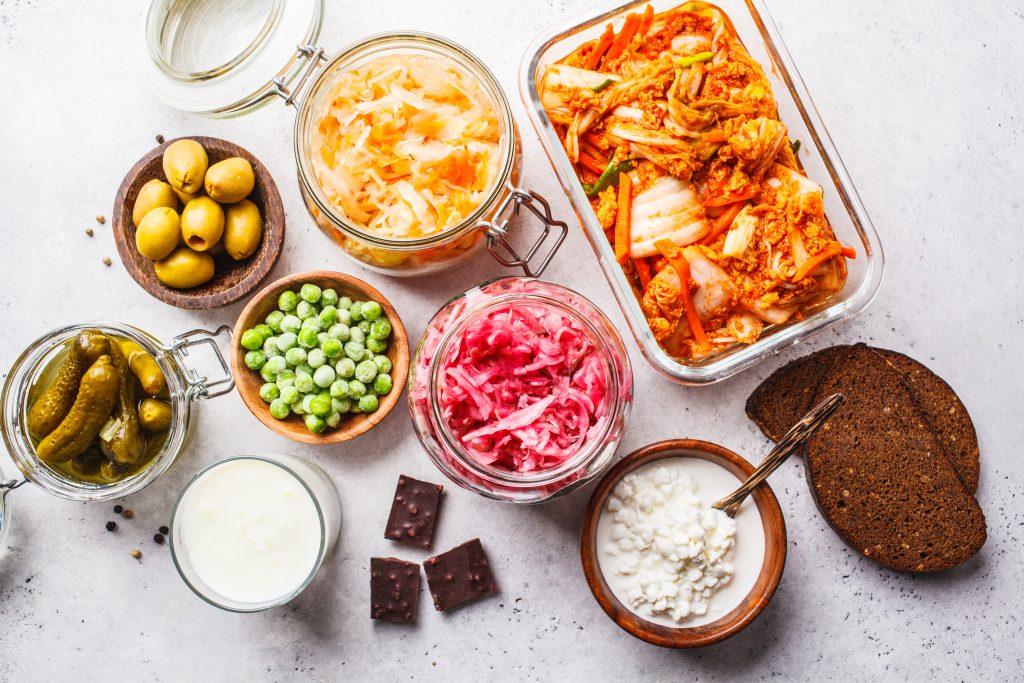Bacteria, fungi and viruses are found in your body and comprise the microbiomes. It seems that nothing can be picked out of these three but health problems. They may have panicked you as they are widely known to cause disease.
These microbiomes, or microbes, are present inside and outside our body, especially in the gut and skin. It may sound strange, but they are an essential part of maintaining good health and overall wellbeing provided they stay balanced.
In this article, we will tell you what a gut microbiome is and how we can manage its levels to stay healthy.
What is gut microbiome?
Microbes are found in the large intestine, called the appendix, and are collectively referred to as the gut microbiome. Bacteria are the most studied microorganisms and they are also abundant in our bodies at 40 trillion compared to only 30 trillion human cells.
How does it affect our health?
While bacteria are linked to disease, they can also help us stay healthy. In fact, gut health depends on how better your immune system, mood, and mental health are. Autoimmune diseases, endocrine disorders, skin conditions, and cancer are also related to the health of your gut.
Depending on how it affects our bodies, bacteria can be either good or bad. For example, bad bacteria cause you to get sick by upsetting the body's natural balance, and the good bacteria fight them to restore balance and regain health. In addition, a variety of good bacteria in your intestines improve the functions of the immune system, relieve symptoms of depression and help with weight management, among other things.
How do we keep our gut microbiome healthy?
What you eat doesn't just define who you are. It can also affect the diversity of your gut biome. This means it can either help you get well or get sick. If you are curious about how healthy or bad the microbial levels in your gut are, My Psomagen's services are a good place to check out.


